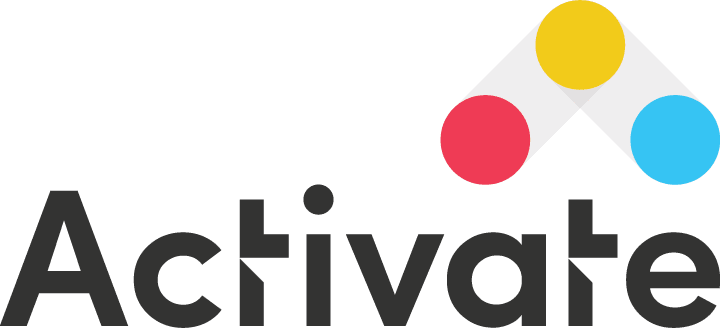Hi, this is Drew Price, and I’m partnering with Iterable on a short series where I’ll be discussing ways CRM & Lifecycle Teams can get more done with what you already have available to you.
For this video, I want to talk about automation, which in our world can mean a lot of different things.
What’s great about automation is there are ways to improve your day-to-day quality of life, plus ways to drive more impact and outcomes for your customers and in turn your business.
So let’s kick it off… here are 5 ways to Use Automation to Get More Done.
1. Behavioral Triggers
The first one is probably most obvious, which is to program behavioral triggers and journeys that respond to milestones around intent, feature adoption, or engagement
We all know about abandoned payment/cart flows. But another notable consideration is for when someone achieves or is close to achieving a product engagement milestone that has been proven to be a leading indicator towards long-term retention, such as an aha moment. If they drop off just before this milestone, consider giving them a dedicated message to contextualize the value further and encourage them to keep going. For instance, if you are a wellness app and they achieve 8 days in a row of meditation for the first time ever, consider letting them know how important hitting a couple more days is in terms of positive, long-term outcomes.
2. Reporting
Even in 2024, many still struggle to create a centralized and automated reporting system that scales and instead spend hours each week processing manual reports and merging multiple sources of truth.
I would encourage all leads to advocate internally to ensure you have dashboards that provide full visibility into engagement metrics from your lifecycle marketing and combine that with the important business metrics you want to track that occur after the click. Ideal state is where you can look at attribution in a number of ways at the channel, campaign, and individual creative level as well as via funnel queries so you can understand long-tail influence and not just direct results.
3. Holdback Groups
Next, I highly recommend using automation to create a universal holdback group that would suppress a % of your users from getting any marketing or commercial messaging at scale. This saves a ton of time and manual effort down the line because unless you use holdback groups your internal teams may constantly debate about overall incremental lift that the sum of all of your marketing programs at the channel level are driving.
Don’t be afraid of the truth. Seek it out.
4. Generative AI (for Specific Use Cases)
Is now the time to lean into Gen AI to improve the quality of life and output of certain tasks? I think so.
Start with your production & creative process. Writer’s block or light on copywriting support internally? No need to start from scratch when you want to write an email subject line or SMS message – if you are an Iterable customer, you’ve got this baked into the product now with Copy Assist.
Looking to make a new Journey, but hate the arduous process of getting the initial flow in place? Journey Assist helps you create simple to complex journeys with freeform or templated prompts.
5. Targeting
Finally, one trick that’s often overlooked is to connect segments or journeys into more niche programs by creating child segments off parent segments. This powers more behavioral marketing or refinement of your targeting strategies
For instance, maybe you have your weekly active users in a segment and perhaps you track how many consecutive weeks they remain in that bucket. Great! If not, you should look into creating parent segments for daily, weekly, and monthly active users that are always up-to-date and then add a field to track consecutive weeks of activity.
Take those who have more than 20 weeks in a row of being active. It should only take a few minutes to automate this segment and then you forever have a power user group that you can consider reaching out to for feedback, incentives, and so on.
Okay, that’s it for tips on automating to get more done. Thanks for tuning in, and stay posted for the next installment in this series, where we talk about how to drive more impact with the resources you already have.
































